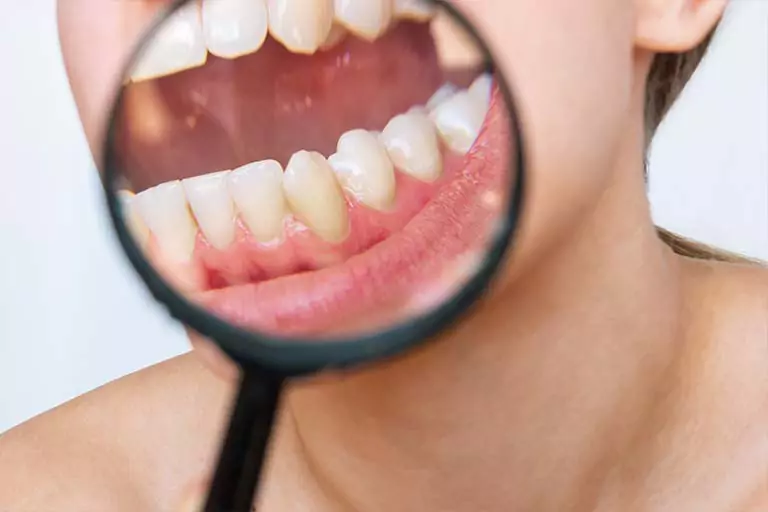
- Home
- About
- Our Team
- Services
- Postoperative Care
- Smile Gallery
- Medical Tourism
- Blog
- Offers
- Contact Us
- Home
- About
- Our Team
- Services
- Postoperative Care
- Smile Gallery
- Medical Tourism
- Blog
- Offers
- Contact Us

Scaling is a dental procedure that removes plaque, tartar, and stains from your teeth. It is also
known as dental cleaning or prophylaxis. Scaling helps to prevent gum disease, tooth decay,
and bad breath. It also improves the appearance and health of your smile.
Scaling is done by a dentist or a dental hygienist using special instruments called scalers.
Scalers are either manual or ultrasonic, depending on the type and amount of deposits on your
teeth. Manual scalers are metal tools that scrape off the plaque and tartar from your teeth.
Ultrasonic scalers are devices that use high-frequency vibrations and water to break down and
flush out the deposits from your teeth.

Scaling usually takes about 30 to 60 minutes, depending on the condition of your teeth. Your
dentist or hygienist will first examine your teeth and gums to determine the extent of scaling
needed. Then, they will use the scalers to remove the deposits from your teeth, especially along
the gum line and between the teeth. They will also polish your teeth with a rotating brush and a
paste to make them smooth and shiny.
The frequency of scaling depends on several factors, such as your oral hygiene habits, diet,
lifestyle, medical conditions, and genetic factors. Some people may need scaling more often
than others due to their risk factors.
However, as a general rule, most dentists recommend getting scaling done at least once every
six months. This is because plaque and tartar can build up quickly on your teeth if you do not
brush and floss regularly. Moreover, A study from Dubai Health Authority (DHA) has shown that
scaling every six months can reduce the risk of gum disease and tooth decay by up to 60%.
However, some people may need scaling more frequently than every six months if they have
signs of gum disease or tooth decay, such as:

In these cases, your dentist may advise you to get scaling done every three or four months until
your condition improves. Your dentist may also recommend scaling more often if you have
certain medical conditions that affect your oral health, such as:
These conditions can increase the amount of plaque and tartar on your teeth and make you
more prone to gum disease and tooth decay. Therefore, you may need scaling more often to
keep your mouth healthy.
Scaling is not a one-time solution for your oral health. You need to maintain good oral hygiene
habits after scaling to prevent plaque and tartar from accumulating again on your teeth. Here
are some tips to keep your mouth clean and healthy after scaling:
Adhering to a regular scaling schedule offers numerous benefits, including:
Scaling is a vital dental procedure that can improve your oral health and smile. Now you know
How Often Should You Get Scaling Done, you should also know that It can prevent gum
disease and tooth decay by removing plaque and tartar from your teeth. It can also freshen your
breath and brighten your teeth by removing stains. If you are looking for a reliable and reputable
dental clinic in Dubai that offers scaling and other dental services, consider Oris Dental Centre.
Regular scaling is a simple yet crucial step in preserving your oral health and ensuring a
beautiful smile.